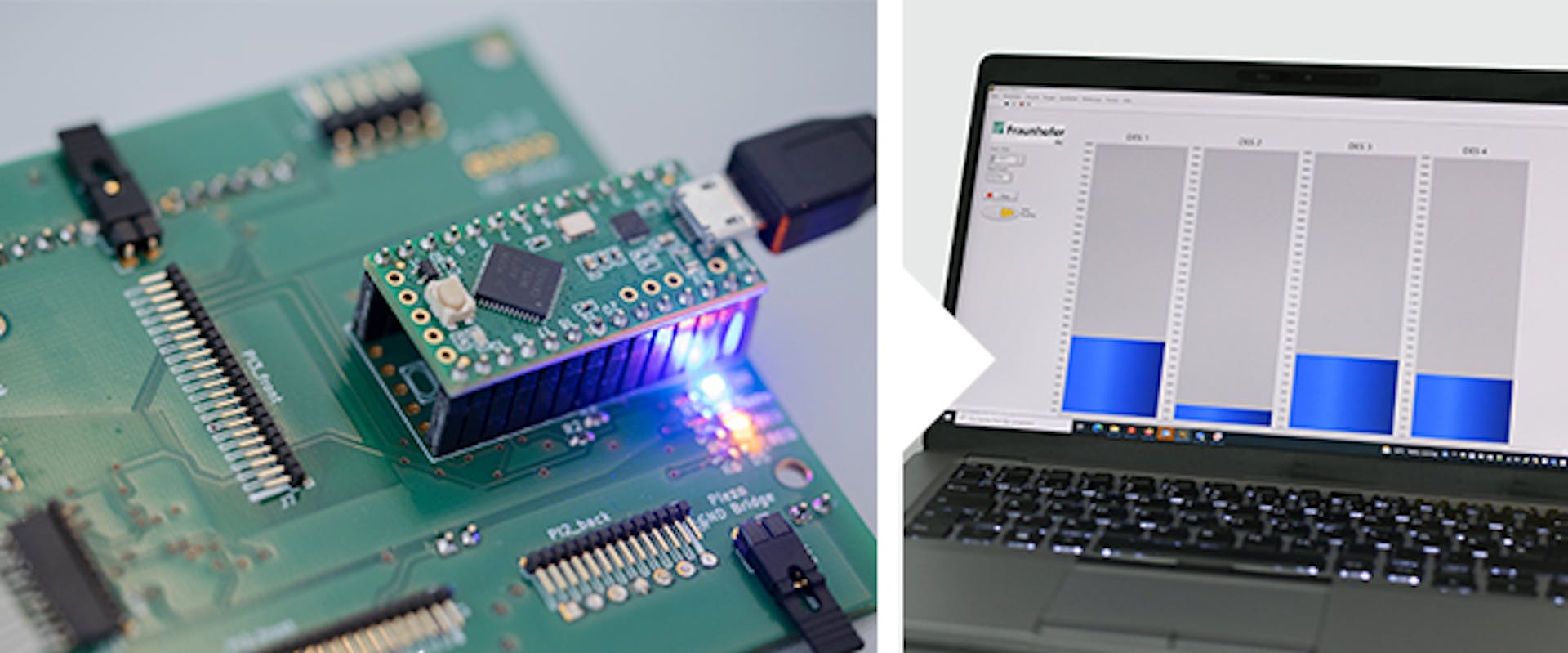
The SPARTACUS project has received funding from the European Union’s Horizon 2020 research and innovation program under the Grant Agreement nº 957221.
Press release
The SPARTACUS research project as part of the EU research initiative BATTERY 2030+ has now been running for around a year. The project has successfully mastered the first milestones and project goals. On the way to sensor-based optimization of charging times, range and service life for lithium-ion batteries, the SPARTACUS project team has worked on a number of partial aspects over the past 12 months. Now the individual components can be combined into a complete system.


The SPARTACUS project has received funding from the European Union’s Horizon 2020 research and innovation program under the Grant Agreement nº 957221.